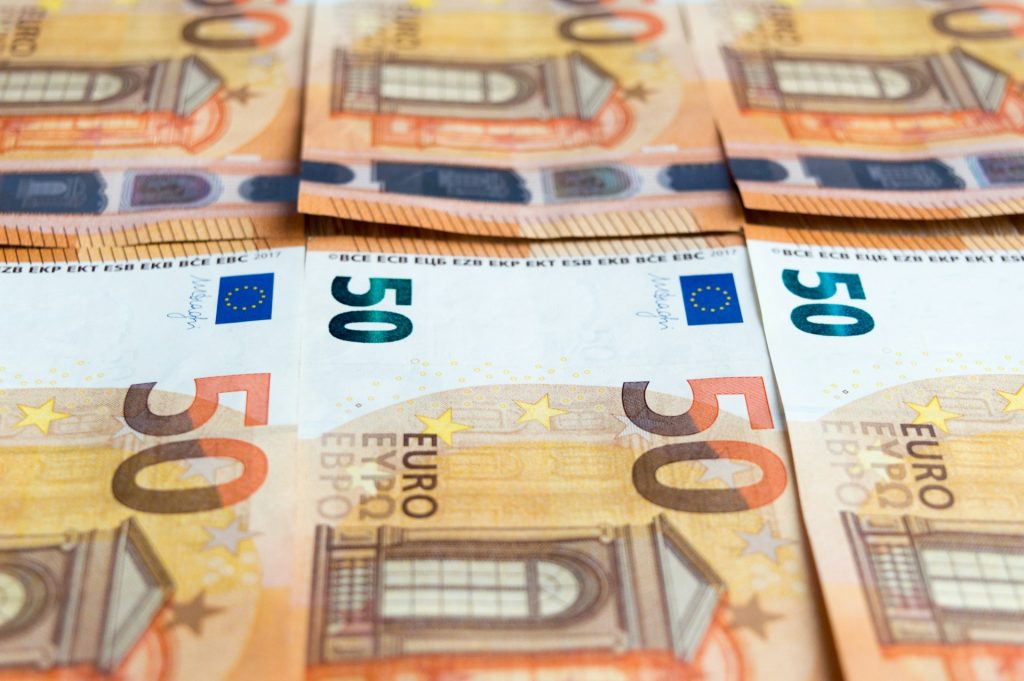In August, the inflation rate in the Eurozone dropped to its lowest level in three years, primarily due to falling energy prices. However, experts predict a rebound in inflation in the coming months.
Falling energy prices have pushed the inflation rate in the Eurozone to its lowest point in over three years in August. According to the statistics agency Eurostat, goods and services became only 2.2% more expensive on average compared to the same month last year. In July, consumer prices had risen by 2.6%. The last time inflation was this low was in the summer of 2021.
Rising Labor Costs Drive Up Service Prices
Energy prices saw a significant decrease in August compared to the previous year, and since energy holds a substantial weight in the price index, this had a considerable impact. Eurostat reported a 3.0% drop in energy prices. On the other hand, food, alcohol, and tobacco became 2.4% more expensive than in August 2023. Service prices continued to rise at an above-average rate, increasing by 4.2%, which is even higher than the 4.0% increase recorded in July. “This reflects the higher labor costs that businesses are passing on,” said Thomas Gitzel, Chief Economist at VP Bank. These costs are likely being passed on because consumers are willing to pay more. “Leisure and entertainment take priority, accompanied by a strong willingness to pay,” Gitzel added.
Will Inflation Rise Again?
Although inflation is approaching the 2% target set by the European Central Bank (ECB), many experts believe the decline will not last. “The ECB will be cautious about declaring victory over inflation,” said Cyrus de la Rubia, Chief Economist at Hamburg Commercial Bank. “In the coming months, the annual inflation rate is expected to rise again.” Economists at Commerzbank also believe that inflation will increase by the end of the year, largely due to the persistent rise in service prices. For Alexander Krüger, Chief Economist at Hauck Aufhäuser Lampe, the current data is “a nice snapshot.” However, he predicts that inflation will rise again towards the end of the year. “This is also because the core inflation rate is expected to remain elevated for now. After that, we may see a longer period of near-price stability,” Krüger suggested.
ECB Likely to Cut Interest Rates
The ECB now has more room to cut interest rates in September. In June, the ECB initiated a shift in monetary policy due to declining inflation and lowered its key interest rate for the first time in years, from a record high of 4.50% to 4.25%. “The ECB is unlikely to deem a highly restrictive monetary policy necessary anymore. The signal for further rate cuts is green,” emphasized Krüger. “The door is wide open for a rate cut in September,” echoed economist Gitzel.
